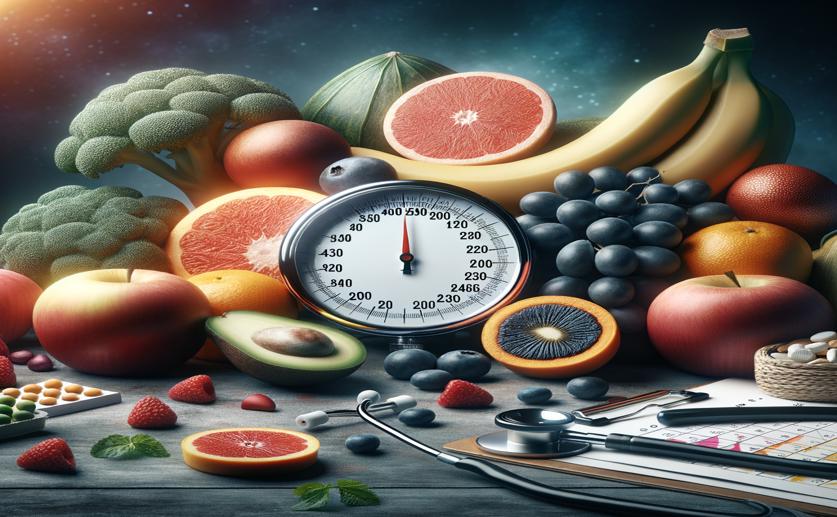
Dietary Antioxidants and High Blood Pressure in Menopausal Women Study
Greg Howard
4th June, 2024

Image Source: Natural Science News, 2024
Key Findings
- The study took place in Rafsanjan, Iran, involving 1936 postmenopausal women to examine the role of dietary antioxidants in managing hypertension
- Higher consumption of β-carotene was linked to an increased likelihood of elevated blood pressure
- There was no significant association between increased dietary antioxidants and reduced hypertension risk after adjusting for other factors
NutritionHealthFitness And Diet
References
Main Study
1) Dietary antioxidants and hypertension among menopausal women in Rafsanjan Cohort Study.
Published 3rd June, 2024
https://doi.org/10.1038/s41598-024-63401-4
Related Studies
2) Cardiovascular Changes in Menopause.
3) Sex Differences in Molecular Mechanisms of Cardiovascular Aging.
4) Cardiovascular autonomic dysfunction and oxidative stress induced by fructose overload in an experimental model of hypertension and menopause.



 29th March, 2024 | Greg Howard
29th March, 2024 | Greg Howard